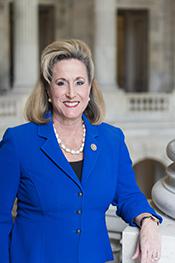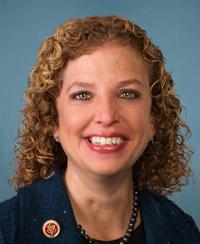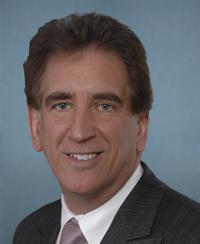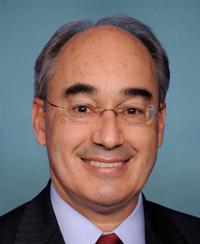0
Senior Safe Act of 2016
1/11/2023, 1:32 PM
Congressional Summary of HR 4538
Senior Safe Act of 2016
This bill provides immunity from liability of: (1) a supervisor, compliance officer (including a Bank Secrecy Act Officer), or registered representative for a covered financial institution who has received training in the identification and reporting of suspected exploitation of a senior citizen (at least 65 years old) and the protection of customer privacy that is appropriate to job responsibilities for disclosing such exploitation to a covered agency if the individual made the disclosure with reasonable care, including reasonable efforts to avoid disclosure other than to a covered agency; and (2) the financial institution for such a disclosure if the individual was employed by or, in the case of a registered representative, affiliated or associated with, the institution at the time of the disclosure and the institution had provided such training.
A "covered financial institution" is a credit union, depository institution, investment advisor, broker-dealer, insurance company, or state attorney general. A "covered agency" is a state financial regulatory agency, each of the federal financial institutions regulatory agencies, the Securities and Exchange Commission, a law enforcement agency, a state or local agency responsible for administering adult protective service laws, or a state attorney general.
A covered financial institution may provide such training to each of its supervisors, compliance officers (including a Bank Secrecy Act Officer), or registered representatives who: (1) may come into contact with a senior citizen as a regular part of duties; or (2) may review or approve the financial documents, records, or transactions of a senior citizen in connection with providing financial services.





